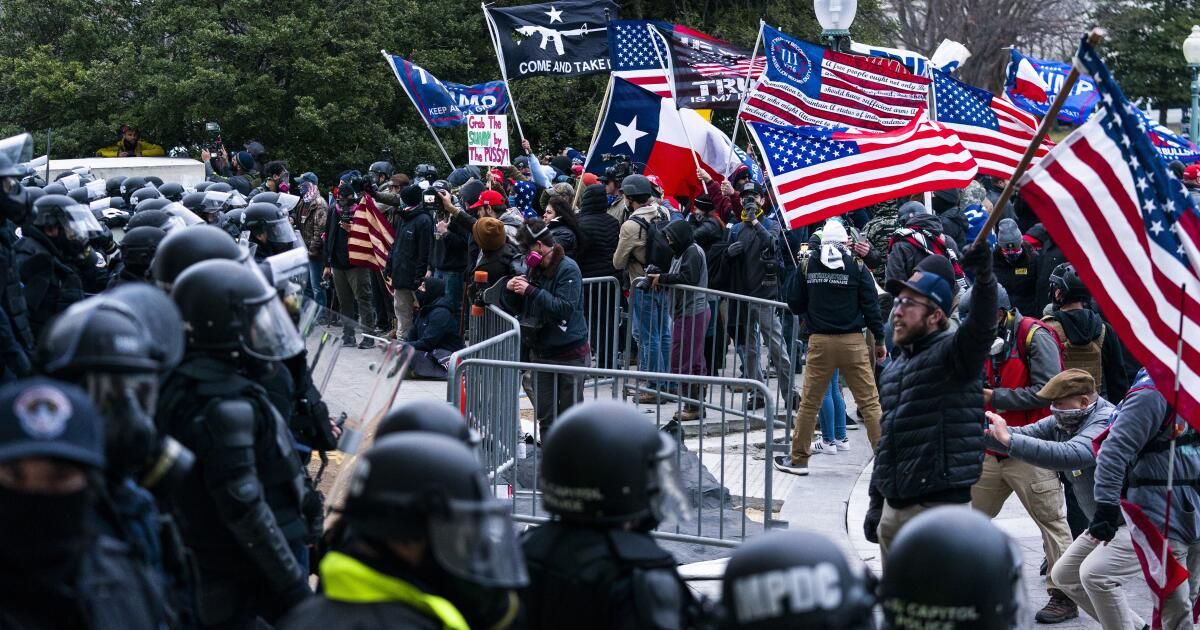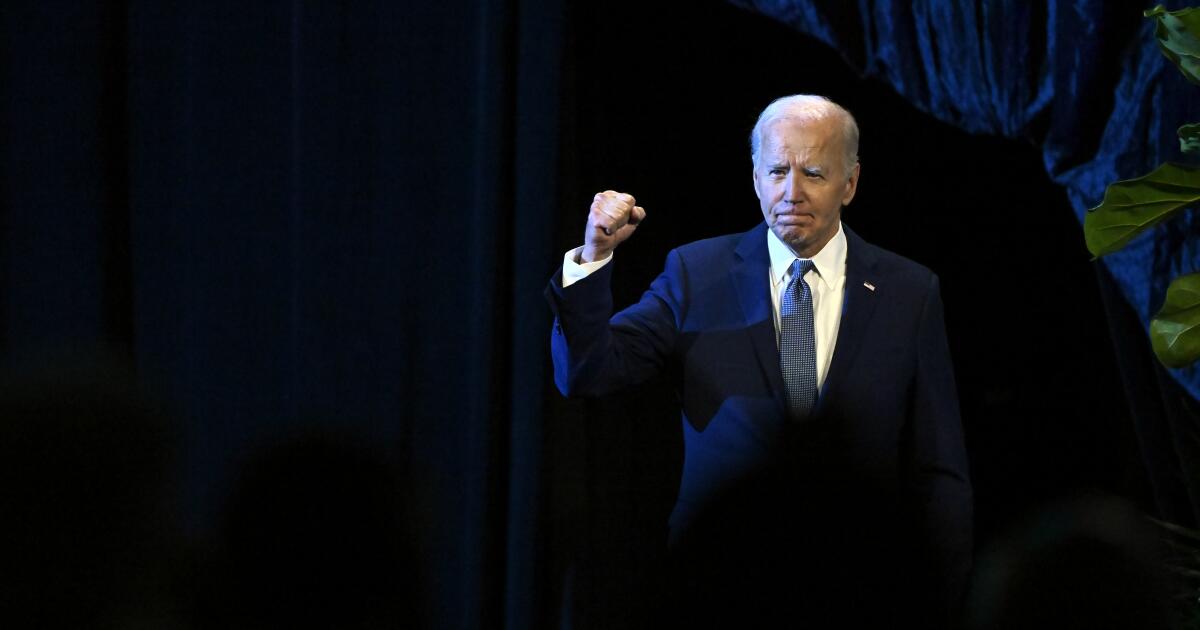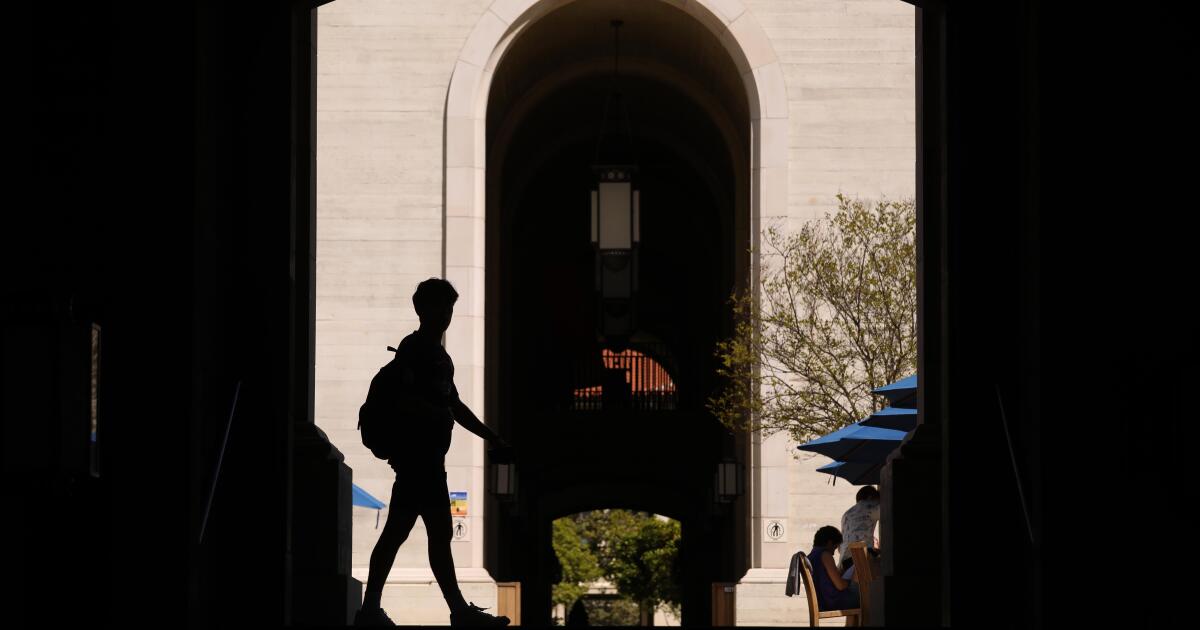The magnitude of the Supreme Court's upcoming decision on whether Donald Trump should be disqualified from the presidential ticket can be measured in pounds: that is, the weight of the growing pile of friend-of-the-court writings that a host of outside groups and individuals have presented to the court.
Trump's lawyers presented their main arguments against the Colorado Supreme Court's ruling disqualifying him for insurrection under the 14th Amendment a week ago, and more than 30 amicus briefs were filed that day. That brought the total to about 40, a number that is sure to rise.
The briefs themselves are divided between those who support the Colorado ruling, those who support Trump's appeal and those who promote principles to guide the decision without leaning towards either side. While some come from relatively obscure backgrounds, many come from prominent players whom judges (and clerks reviewing briefs) will easily recognize.
What is really surprising about the writings is that they are all shouting that the sky is falling and that a disaster will occur unless the court does what they advise. The problem is that the advice in question is everywhere.
In effect, his respectable “friends” (the meaning of “amicus”) are advising the court that the Republic itself is lost no matter what it does. The writings underscore the impression that this will be a case for the ages and one of the most difficult in the court's history.
One Summary of prominent professors and professionals of electoral law., including veterans from both sides of Bush vs. Gore informs the court that the country is more polarized now than at any time in living memory (much more so than in 2000) and that the court must rule on the merits of the case or risk doing great harm to the nation. . In other words, they argue, the court should not escape ruling that some other political entity (whether Congress or the states) must enforce Section 3 of the 14th Amendment, which prohibits officials who participated in the insurrection hold federal positions.
a brief of 179 members of Congress – including Senate Minority Leader Mitch McConnell and other prominent Republicans – agree that a misstep by the court “presents a serious risk to the democratic process.” But they continue to assert that it is Congress that has the express authority to administer Section 3 through legislation and that the court cannot answer the political questions involved. Accepting these arguments would mean that the court would sidestep the question of Trump's eligibility for the presidency.
He NAACP Report, for its part, agrees that “our nation is on the edge of a precipice not seen since the Civil War.” However, he maintains, in direct opposition to lawmakers, that Section 3 applies on its own and is fully justiciable, that is, it does not require any determination by Congress and can be decided by the court. In fact, the group insists that not disqualifying Trump “would circumvent our constitutional commitment to…the principle that all citizens should have an equal voice in our government.”
Former lawyers. General Edwin Meese, Michael Mukasey and William Barr, along with prominent conservative professors, agree on what is at stake: a misstep by the court “would be ruinous to the national tradition of free and fair elections.” But their advice to the court is a mix of the conclusions of the other briefs: They argue that the amendment requires enabling legislation but also that it does not cover presidential candidates.
There are many more, including an intriguing brief by law professors (and brothers) Akhil Reed Amar and Vikram David Amar informing the court that Section 3 was prompted not by the Civil War but by an insurrection prior to which the conduct of Trump looks a lot alike. And an upcoming brief by retired federal appeals judge J. Michael Luttig and others is expected to hold that the terms of the 14th Amendment directly disqualify Trump.
Amicus curiae briefs can sometimes be decisive. A famous example is the report of a editorial group of cartoonists that helped persuade Chief Justice William Rehnquist to side with Hustler magazine over televangelist Jerry Falwell. He highlighted the nation's long tradition of cartoons attacking public figures.
How I did it discussed above, more than any other Supreme Court case in decades, this one combines enormous political risks with a nearly blank slate of oversight laws. The court will have to seek a solution that is legally sustainable, widely acceptable to the public, and minimally detrimental to the court's diminished public reputation. That turns out to be a very high order.
With all eyes on the justices and the health of our democracy quite possibly at stake, the court could certainly use a good friend right now.
Harry Litman is the host of Podcast “Talking about federals”. @harrylitman












